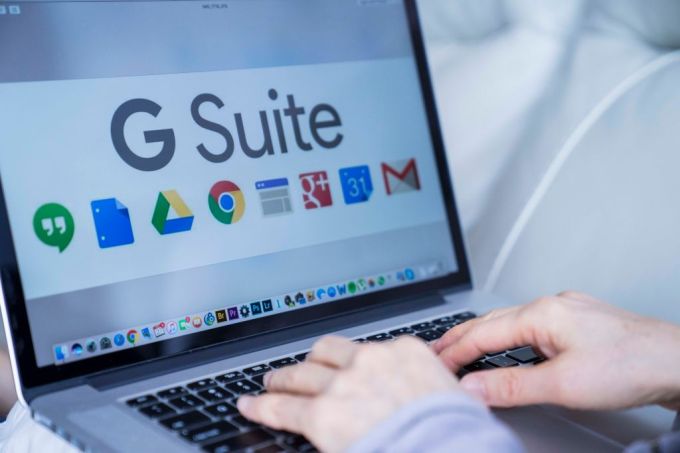Startups/VC We have a host of mega-rounds to chat through today, but first some words of warning: It appears that the IPO climate is frozen shut. What that will mean for companies like Esusu, which just raised $130 million, or Ascend, which just raised $280 million in equity and debt for its BNPL-flavored approach to insurance, is that there is a mountain of private-market wealth out there that needs an exit. The question is just when those checks can be cashed. And if they will get more than a dollar back per dollar invested. IPO issues or not, the crypto world is busy taking on more external capital. One particular play in the blockchain world is the infrastructure effort, building products that will support other products. This is often a good bet. Twilio is an example of the infra game coming up trumps. AWS is another. So when another crypto backend player like Fireblocks pushes its valuation to $8 billion, we know what's going on. (And speaking of crypto, don't forget the impending tax issue or the startups working to keep folks off the government's naughty list.) And now, our regular funding round rundown: - Quan wants to take on employee churn: There are two kinds of employee exits, from the corporate perspective: regretted churn and unregretted churn. The former is when someone you wanted to keep quits, and the latter is when someone you wanted to fire does you a favor. Quan, which just raised capital, wants to tackle the former by, we report, bridging the "gap between engagement surveys and well-being perks."
- Bloss is building a company for expecting parents: With birth rates in decline in many parts of the world, it's clear that we're in a new era when it comes to parenting. A time when it's more choice than default. Bloss wants to link expecting parents with experts, which makes good sense, given that babies don't precisely come with a handbook when they enter the world. The company just raised a pre-seed round.
- Parthean will teach you personal finance whether you like it or not: That's slightly unfair, but the idea behind Parthean is that most folks aren't great with money and need help. So, it is going to teach users concepts and then prompt them to take a particular action toward, in theory, financial health. Natasha's story here is great, and worth reading if you are curious about the intersection of edtech and fintech. The company just raised $1.1 million.
- The.com is a website builder with a great URL: Short URLs were mega-hype back in the day when you had to have a .com or live a life apart from the consumer spotlight. Things have since changed. But The.com is taking us back to the '90s with its great name and product: website building. But unlike the template-focused builders of the past, this time the company is using "blocks." As someone with both websites and no coding skills, this appeals to me.
- The Vets is a bet that you want the vet to come to your step: Flush with $40 million in new capital, The Vets wants to make animal care an at-home affair. As someone who has spent far too much time in the last year standing outside his local vet, waiting for a certain puppy to finish her checkup while, variously, burning up in the summer and freezing in the winter, I love this idea.
And there was more. France's Sigfox, which raised more than $300 million, is dead. A Quizup founder is building an MMO, and PortalOne raised $60 million for its "immersive" gaming platform. Whew! What a day! |








